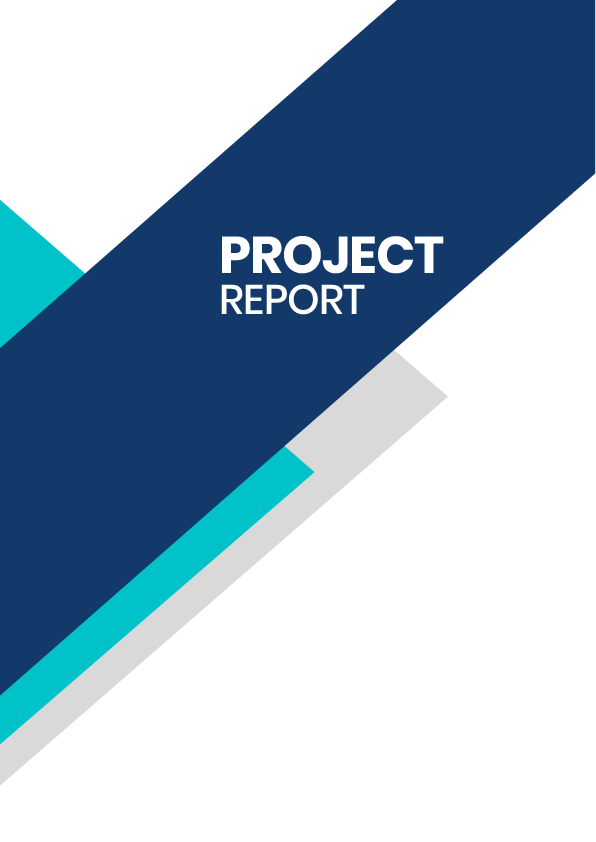Related Keywords
- Milk Products
- Dairy Goods
- Milk-Based Items
- Processed Dairy
- दुग्ध उत्पाद
- डेयरी आइटम
Dairy Products Project Report Summary
Objectives of the Dairy Products Project Report
- Encourage entrepreneurs to establish small-scale dairy product manufacturing units.
- Promote hygienic and modern milk processing technologies.
- Support employment generation in rural and semi-urban areas.
- Provide a professional dairy industry project report for financial institutions.
- Strengthen the link between milk producers, processors, and distributors.
Scope of the Project
Promoter’s Details
Location, Land, Building and Utilities
- Continuous supply of fresh water
- Electricity for refrigeration and machinery
- Drainage and waste disposal systems
- Cold storage facilities for milk and dairy products
Products / Services & Process
- Pasteurized Milk – Collected, filtered, pasteurized, and packed.
- Butter & Ghee – Cream separated, churned, and clarified.
- Paneer & Cheese – Coagulation of milk using citric acid or rennet.
- Curd & Yogurt – Fermentation under controlled temperature.
Raw Materials / Consumables
- Fresh cow or buffalo milk
- Starter culture for curd/yogurt
- Salt, citric acid, and rennet
- Packaging materials (pouches, jars, containers)
- Water and electricity
Plant & Machinery / Equipment
- Milk chilling unit and pasteurizer
- Homogenizer and cream separator
- Butter churner and ghee boiler
- Paneer press and cheese vat
- Refrigeration and cold storage units
- Packaging and labeling machines
Market Potential & Strategy
- Building tie-ups with milk suppliers and cooperative societies.
- Supplying products to hotels, bakeries, and cheese manufacturers.
- Partnering with dairy manufacturing companies for bulk supply.
- Creating your own brand through retail stores or online platforms.
Manpower Requirements
- 1 Production Manager
- 1 Quality Supervisor
- 2 Skilled Operators
- 3–4 Unskilled Workers
- 1 Marketing Executive
Risks & Mitigation Strategy
- Fluctuating milk supply
- Spoilage due to temperature issues
- Equipment breakdown
- Market competition
- Maintain tie-ups with multiple milk sources
- Use advanced chilling and refrigeration systems
- Schedule regular equipment maintenance
- Focus on quality branding and customer loyalty
Cost & Financial Analysis
- Machinery & Equipment – 8.0
- Building & Setup – 3.0
- Working Capital – 4.0
- Miscellaneous – 1.0 Total Investment: ₹16.0 lakhs
- Annual Revenue: ₹25–28 lakhs
- Net Profit Margin: 25–30%
- Break-even: Within 2 years
Government Schemes & Subsidies
- PMEGP Scheme
- Dairy Entrepreneurship Development Scheme (DEDS)
- NABARD Dairy Loan
- FSSAI Registration & Subsidy
Why Finline for Dairy Project Report?
- Generates reports in minutes using real financial data.
- Provides editable templates for manufacturing units.
- Includes profit projection, cost breakdown, and market insights.
- Meets MSME, PMEGP, and NABARD standards.
Conclusion
Frequently Asked Questions
Get answers to common questions about Project report for dairy products.

Need expert service?
Please send a WhatsApp message to us, and our team of experts will guide you in creating a project report for bank loan.
Create Your own project report in less than 10 mins.
- Unlimited edits
- Unlimited downloads
- Up to 10 years of projections
- 20+ pages

Frequently asked questions
Everything you need to know about the product and billing.
Finline is an online tool for creating a project report for bank loan online and see the report for free online. You only need to pay for downloading the report.
Can I change my plan later?
Yes , ofcourse you can upgrade from a lite plan to a pro at anytime.
Can I edit the report after download ? is it chargeable?
You can do unlimited edits even after download without any extra payment.
What is the ‘lite’ and ‘pro’ plan ? Is it subscription based plans?
Lite and Pro are just individual report download plans , not subscription plans.
Do I require a CA seal & Stamp for getting a loan?
Not at all, project report is a business plan about your business and it should be prepared by an entrepreneur . Nobody can predict and certify a business which is going to happen in the future.
Can I get any assistance from your team?
Yes of course, you can go to the help section in all pages were you can find chat button for seeking support.
Can I get a project report format for bank loan through Finline?
Yes! Finline provides a ready-to-use project report format for bank loan. You can create it online, see it for free, and download it instantly for your loan application. This makes your project report format for loan easy to complete in just a few steps.
Do you provide a project report format for bank loan in excel?
Yes. Finline offers a project report format for bank loan in excel that is easy to edit and customize. You can also download a project report format for loan in excel if you prefer working offline.